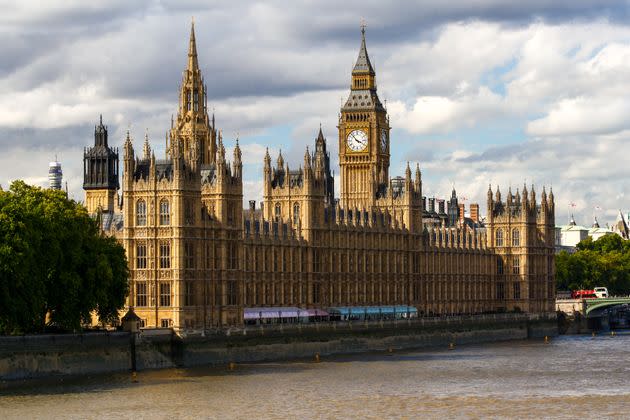The Tories Are Protecting An Alleged Rapist – We Mustn't Let Them

It’s now been over a week since news broke of a Conservative MP accused of rape by a former parliamentary aide.
To date, the party have refused to suspend him, despite repeated calls from women’s groups, campaigners and fellow MPs. Chief Whip Mark Spencer said that the rape allegations against the MP were being taken seriously.
Not seriously enough to warrant a suspension so that others could be safeguarded, it would appear.
On Thursday, Prime Minister Boris Johnson defended his party’s decision not to suspend the MP as he was waiting for “police to decide whether they wanted to make charges”.
In any other profession, anyone accused of serious sexual offences would face immediate suspension followed by an investigation.
The only message we are receiving is that the rights of the accused are above the rights of the alleged victim.
Johnson’s continued refusal to suspend will not inspire confidence among either campaigners or survivors of sexual violence.
The latest England and Wales rape statistics make for alarming reading. In the year 2019-2020, police recorded 55,130 rapes, but of this figure, only 2,102 resulted in prosecutions, with 1,439 convicted.
If we compare the latest numbers against figures for the same period three years previously, the overall figure has increased by a third, yet convictions have halved.
This is not the first time the government has fallen short in its commitment to keeping women safe and holding perpetrators of sexual violence and abuse in positions of power to account for their misbehaviour.
In 2018, I wrote about Theresa May restoring the whip to two MPs suspended following accusations of sexual impropriety so that she could win a no-confidence vote triggered against her by her own party.
Of those two MPs, Charlie Elphicke has since been convicted of three counts of sexual assault against two women in 2007 and 2016.
Former MP Andrew Griffith, found to have sent some 2,000 texts to two young female constituents...


